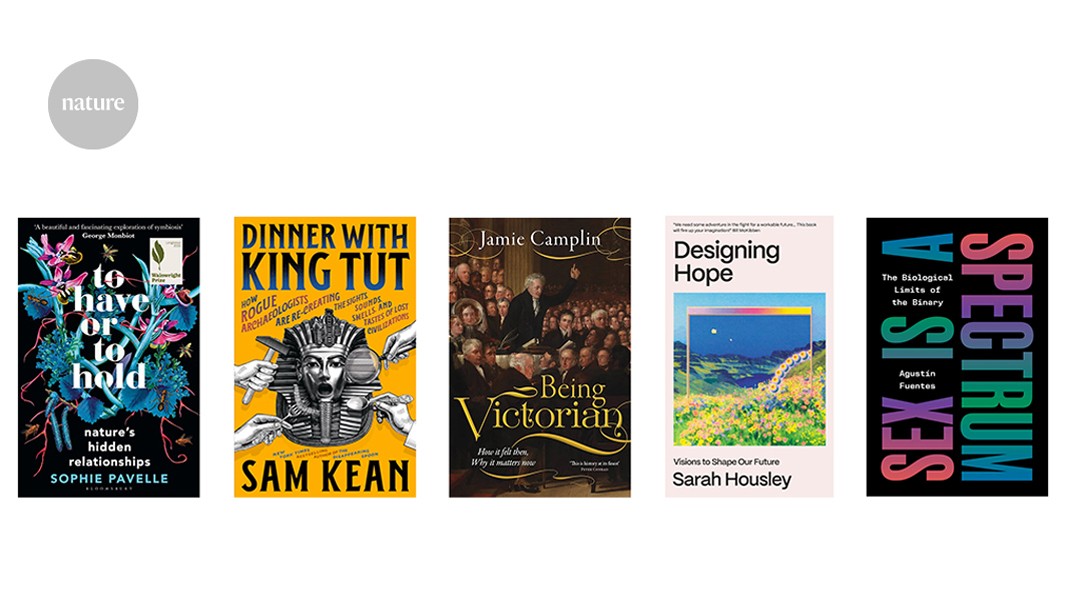
"In the title of her engaging and eloquent book about symbiosis, science communicator Sophie Pavelle evokes traditional Christian marriage vows. But 'and' becomes 'or' - alluding to the fact that symbiotic relationships in nature can be "darker, far more shocking and much more scandalous than you could imagine". They are often "parasitic relationships" in which members of one species decline and those of another survive by exploiting their bond. Pavelle describes eight symbiotic sets of organisms from the British Isles."
"An Atlantic fish, the bluehead wrasse ( Thalassoma bifasciatum), kicks off this fascinating book about sex. Females produce eggs and males make sperm. But if the group's largest male gets killed, a female takes over by rapidly altering its reproductive organs, thus becoming the main sperm producer. "On the face of it, sex is a paradox," writes anthropologist Agustín Fuentes. "Wouldn't life be easier if organisms just kept copying themselves to reproduce?" Among humans, he argues, women and men overlap more than is generally thought."
"The Victorian period (1837-1901) ended in colonial oppression. But "in a unique moment in world history, the arts, science and religious belief often came joyously together before falling deeply apart", writes Jamie Camplin in his finely composed fusion of events, ideas and personalities of an era that still fascinates the world. It saw the coinage of the word scientist by William Whewell, a linguist, historian of science, mathematician, mineralogist, philosopher and theologian who resisted becoming too specialized in any one field."
Symbiotic relationships can be parasitic, with one species benefiting while another declines; examples from the British Isles illustrate exploitative and surprising biological bonds. Some animals can change sex rapidly in response to social cues: bluehead wrasse females can transform reproductive organs and become primary sperm producers when dominant males are removed. Sexual reproduction poses a paradox since asexual copying seems simpler, and sex roles overlap more than assumed among humans. The Victorian era combined arts, science and religious belief in a unique cultural fusion, and William Whewell coined 'scientist' while resisting narrow specialization.
Read at Nature
Unable to calculate read time
Collection
[
|
...
]